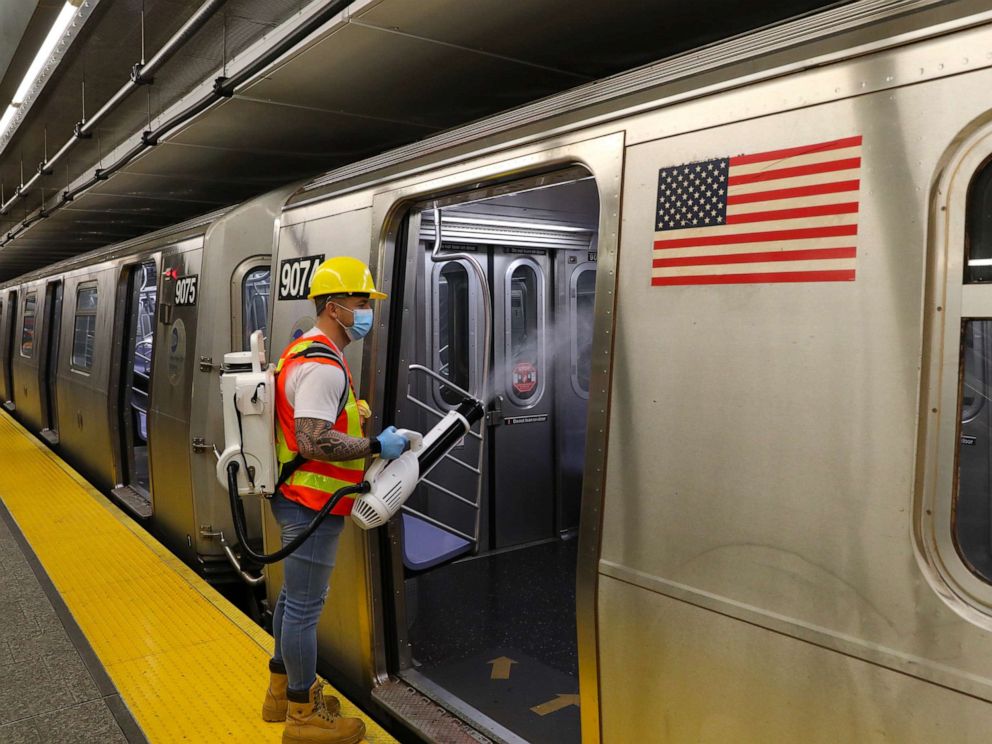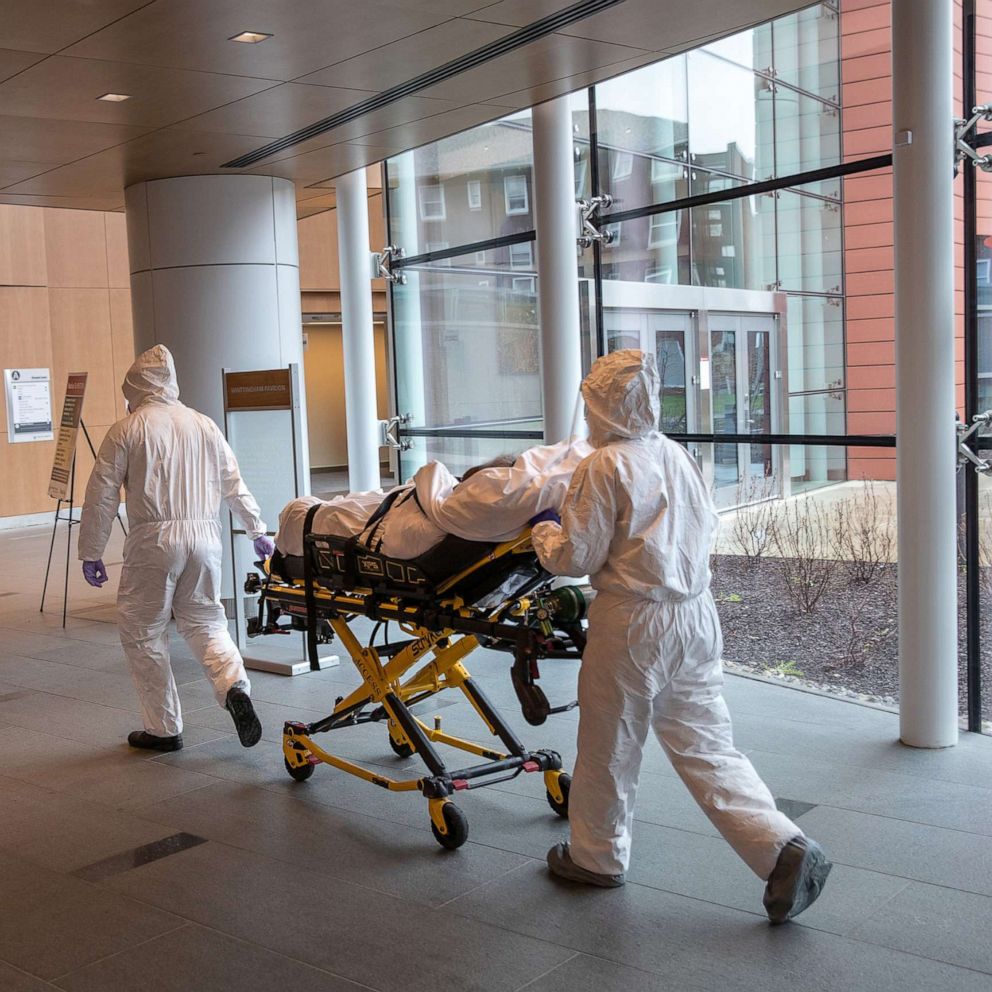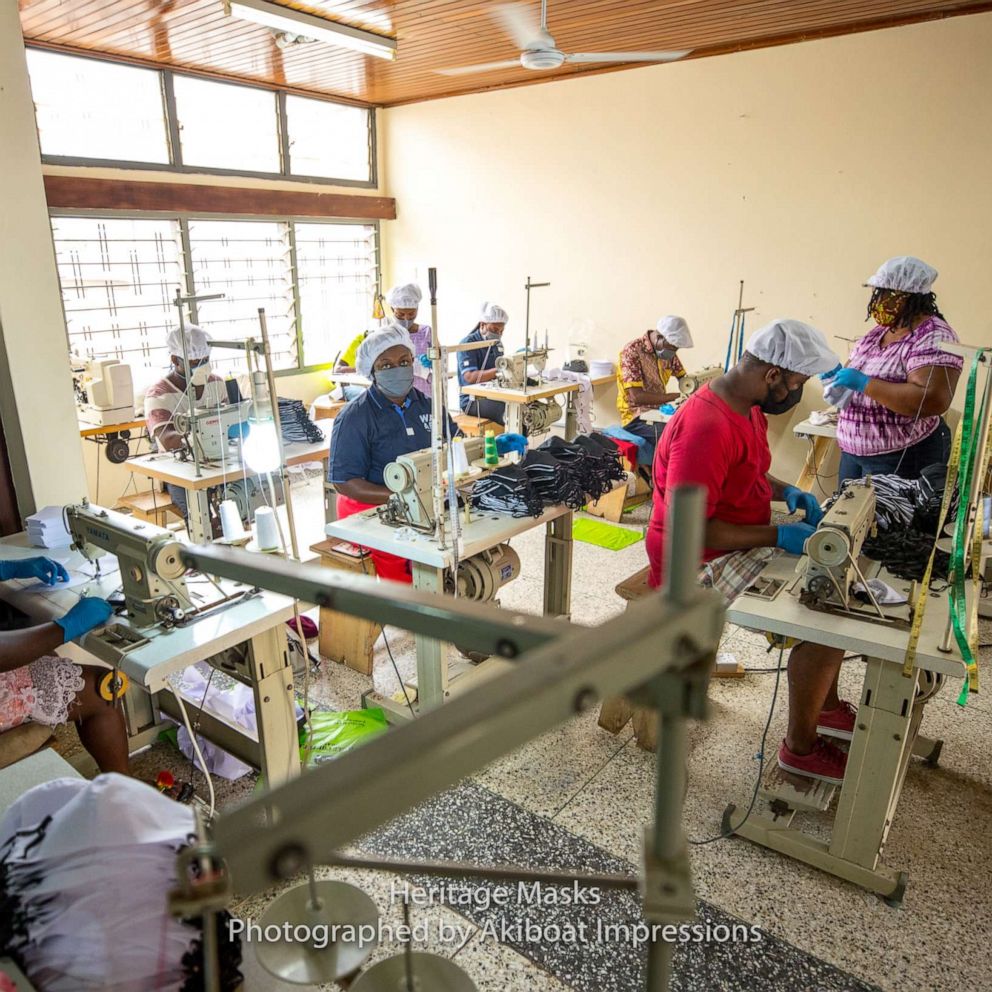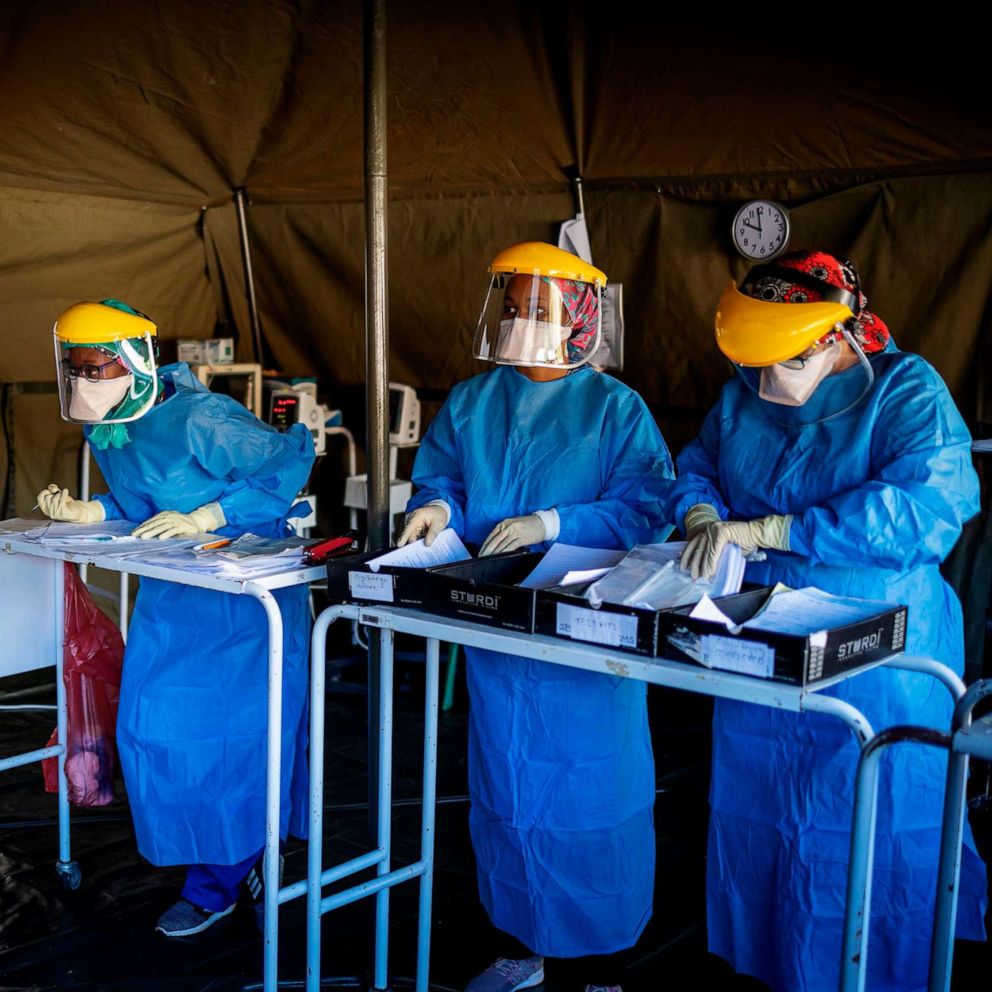Coronavirus updates: Fauci says meetings with Trump have 'dramatically decreased'
The task force used to hold meetings every single day, Fauci said.
A pandemic of the novel coronavirus has now killed more than 373,000 people worldwide.
Over 6.1 million people across the globe have been diagnosed with COVID-19, the disease caused by the new respiratory virus, according to data compiled by the Center for Systems Science and Engineering at Johns Hopkins University. The actual numbers are believed to be much higher due to testing shortages, many unreported cases and suspicions that some governments are hiding the scope of their nations' outbreaks.
Since the first cases were detected in China in December, the United States has become the worst-affected country, with nearly 1.8 million diagnosed cases and at least 104,584 deaths.
Today's biggest developments:
Here's how the news is developing today. All times Eastern. Please refresh this page for updates.
2:58 p.m.: WHO director-general reacts to US cutting ties, wants 'collaboration to continue'
The director-general of the World Health Organization responded to the decision by the U.S. to end its partnership, saying Monday it was the organization's "wish for this collaboration to continue."
"The world has long benefited from the strong collaborative engagement with the government and the people of the United States," Dr. Tedros Adhanom Ghebreyesus said during a COVID-19 briefing in Geneva. "The U.S. government and its people's contribution and generosity towards global health over many decades has been immense and it had made a great difference in public health all around the world."
President Donald Trump has been critical of the WHO's response during the coronavirus pandemic. On Friday, he announced the U.S. would be terminating its partnership with the WHO and "redirecting those funds to worldwide, and deserving, urgent global public health needs."
Dr. Mike Ryan, the WHO's emergencies chief, said Monday that the virus does not appear to be weakening or becoming less potent.
"It may be that we are, as a community and as a globe, successfully reducing the number, intensity and frequency of exposure to that virus, which on the face of it, the virus then looks weaker," he said. "But it may be weaker because we're doing better, not because the virus itself is weakening. I hope the virus is weakening, we all hope that. But we cannot at this point take that chance."
1:40 p.m.: MTA testing out hand sanitizer dispensers ahead of NYC's June 8 reopening
The MTA started installing hand sanitizers at some subway stations on Monday as the transit system prepares for the planned June 8 phased reopening of New York City.
"Starting today you might notice hand sanitizer dispensers at some stations -- we're testing different types so we can find a solution that we can bring systemwide," the New York City Transit subway service's Twitter account said. "We're making sure they're sturdy enough, hold enough hand sanitizer, and function properly. Keep an eye out."
Hand sanitizer at stations is part of the MTA's preparations for reopening, Sarah Feinberg, the interim president of New York City Transit, said Monday on ABC's "Pandemic."
"We’ve been planning for this reopening since the beginning so for many weeks," Feinberg said. "First thing is cleaning and disinfecting the system. We now do the station twice a day and the fleet of rail cars multiples times a day."

Masks are required to ride, "but we will have masks on hand for those who forget their masks at home at least for the first few days," she said.
Feinberg said she disagrees with the CDC's recommendation that workers should avoid mass transit, like the MTA.
"It just doesn’t work in New York City. If people in NYC decide not to use mass transit no one is getting anywhere," she said. "It’s not going to work."
Tune into ABC at 1 p.m. ET and ABC News Live at 4 p.m. ET every weekday for special coverage of the novel coronavirus with the full ABC News team, including the latest news, context and analysis.








